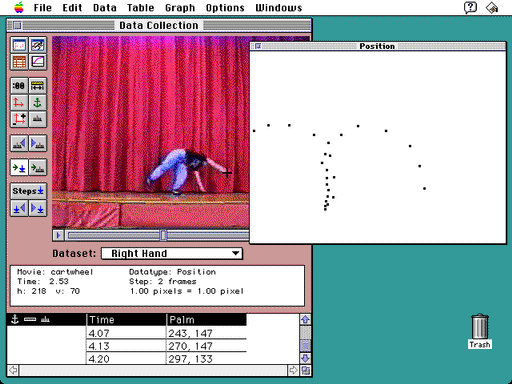


by Scott Bresnahan, Ted Ducas, and Andee Rubin
Hands On! Volume 17, No. 2, Fall 1994 (c) TERC, 1994. All rights reserved.
To many students, mathematics has only tenuous connections to their everyday lives and personal concerns. In recognition of this, current educational reform emphasizes that teachers should adopt curriculum activities that “connect mathematics to students’ lives.” But what kinds of activities might these be? How can students’ concerns be effectively integrated into mathematics instruction? » Read more
Score:
Board of Trustees Chair
Education Consultant

REVISE Center Content & Communications Coordinator
Score:
Teaching and Learning Materials
TERC is looking at ways to support the development of computational thinking (CT) skills for all students.
Complete the brief form to be added to an interest list. Thank you!
Reading List
Below are some articles about our work in CT.
Computational Thinking eBook – A look into the different definitions and understands of Computational Thinking
Computational Thinking Resources and Examples
Assessing Implicit Computational Thinking in Zoombinis Puzzle Gameplay
The development of students’ computational thinking practices in elementary- and middle-school classes using the learning game, » Read more
Score:
Diversity, Equity, and Inclusion Officer (DEIO)
Score:
Thank you for your interest in TERC’s work in Augmented Reality (AR), Virtual Reality (VR), and Mixed Reality. Below are some links to learn more about what we’ve been up to.
Extended Reality in Education – A blog post about our work in AR, VR, and XR.Inclusive VR through Inclusive Co-Design with Neurodiverse Learners – This paper reports on a fully inclusive co-design process of an informal VR science game intended to be accessible to a broad range of learners. » Read more
Score:
Senior Researcher
Score:

